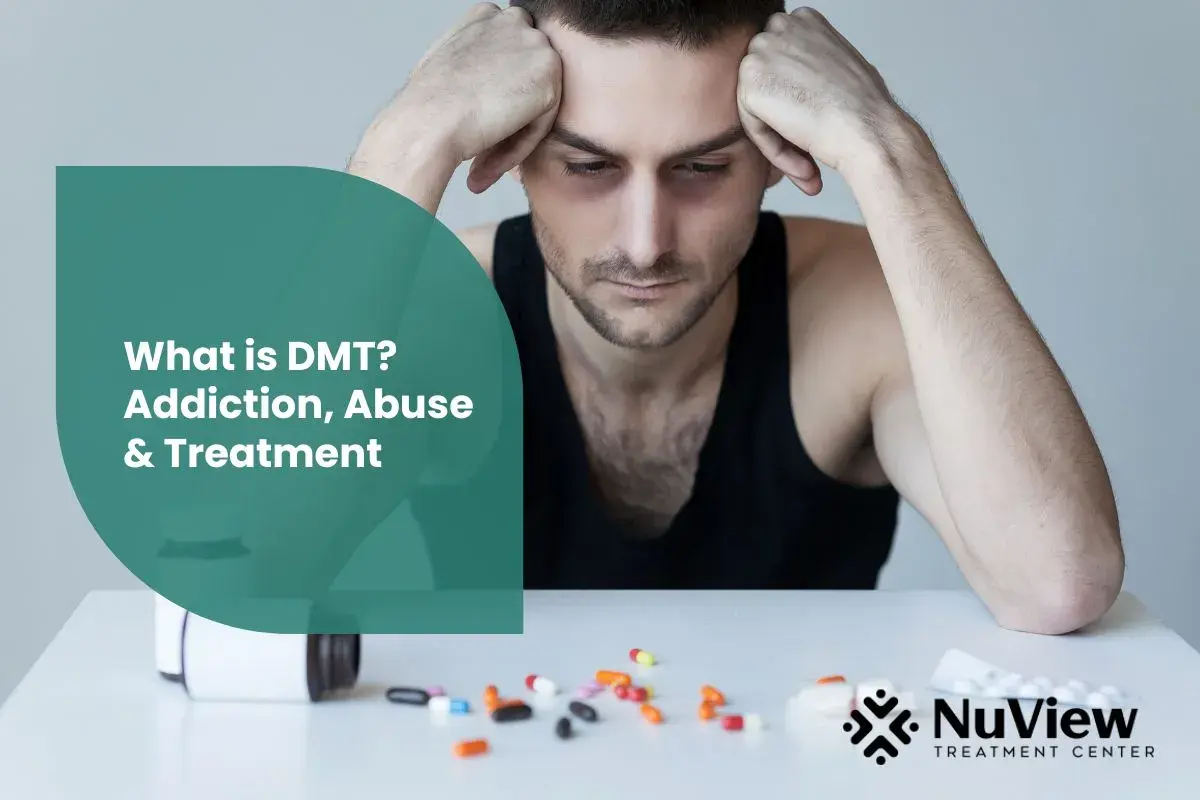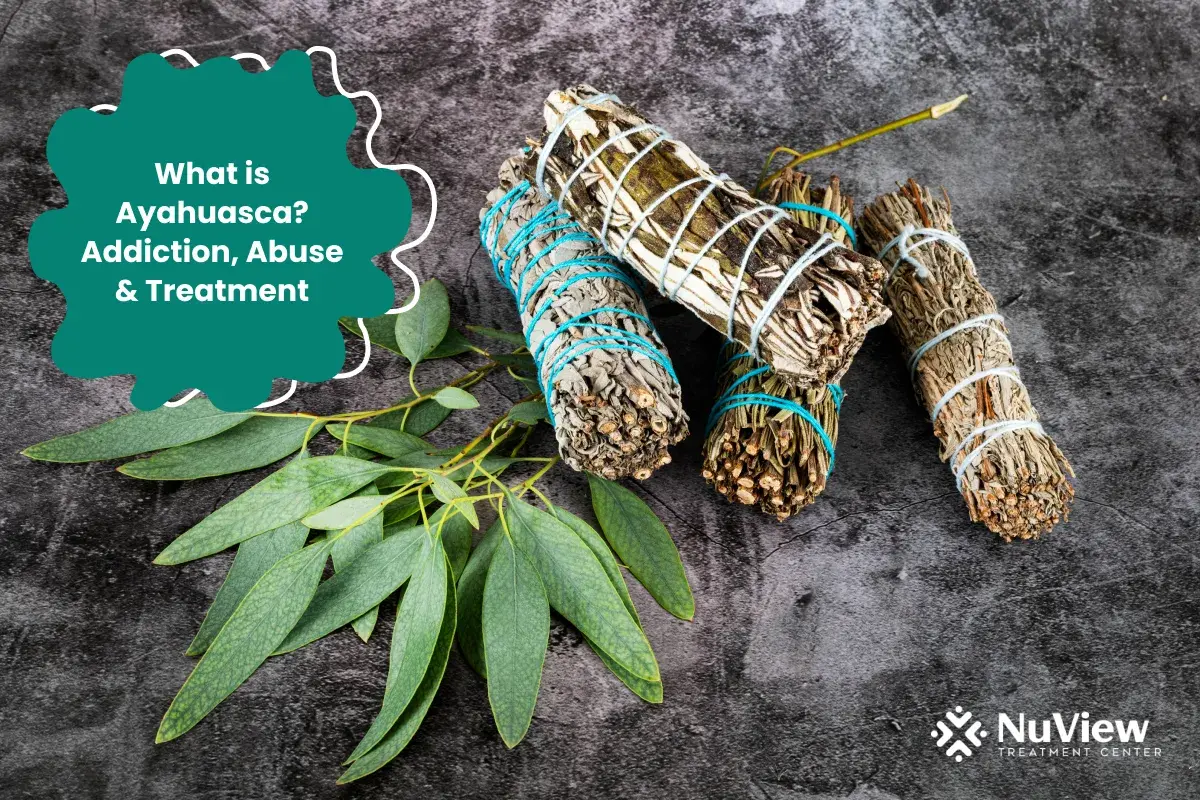Did you know that? According to market studies in 2023, THCA or Tetrahydrocannabinol Acid products accounted for approximately $200 million in sales, representing 7.3% of the nearly $2.8 billion U.S. hemp-derived cannabinoid market.
Cannabis, also known as marijuana or weed, is one of the most commonly used (even misused) substances worldwide. While people may generally be aware of active ingredients like cannabidiol (CBD), tetrahydrocannabinol (THC), or even delta-9 THC, another new thing that is gathering steam in this field is tetrahydrocannabinolic acid (THCA).
In this blog, we look into THCA the compound behind THC, how it differs from THC, and its potential benefits and risks.
What Is THCA?
Whenever cannabis is mentioned everyone usually thinks of the compound THC which is known for its psychoactive effects. But have you ever wondered what gives THC its effect?
THCA stands for tetrahydrocannabinolic acid. It is non-intoxicating and is commonly found in raw cannabis plants. It is a precursor to THC or tetrahydrocannabinol. It is a precursor to THC in that as a cannabis plant develops it produces cannabinoids as carboxylic acids, which are then converted to non-acidic compounds through something known as decarboxylation. THC is the outcome of the decarboxylation of THCA.
In fresh, undried cannabis, THCA can constitute between 75% and 98% of the total cannabinoid content. In its raw form, however, THCA does not have any psychoactive effects and is instead considered to have therapeutic effects.
How THCA Differs from THC?
THCA and THC cannot be really separated from one another. THCA when comes in contact with heat through a procedure called decarboxylation is what transforms THCA into THC (tetrahydrocannabinol).
When THCA is consumed in its raw form, it does not produce any high or euphoria commonly associated with cannabis. However, when it is heated, it turns into THC.
So, when cannabis is smoked or vaped, it produces that intoxicating, euphoric effect that makes it a very popular substance. This is how THCA differs from THC.
Get Started With Nuview Treatment Center
Our dedicated professional staff is here to guide you or your loved one on the journey to lasting recovery, offering support every step of the way.
Forms Of THCA
THCA comes in many different forms, but its effect depends on how one consumes it. Its forms range from raw naturally occurring to processed cannabis products. Some of these are-
- The form found naturally in nature is the Raw Cannabis Flower, usually consumed to get its health benefits without any psychoactive impact.
- THCA Crystalline (Diamonds) is a highly purified form that looks like crystals or almost like diamonds hence the name. It's known for its high potency of THC when smoked.
- Another form of THCA is Tinctures and Oils which are made to preserve the acid form and can be mixed with food for therapeutic use.
- Pill form and Edibles (Raw or Low-Heat Processed) are useful for keeping a proper dosage as it's easy to keep track of but it's key to maintaining the temperature to make sure they don’t convert to THC.
- THCA can be included in creams, balms, and lotions. They have no risk of having psychoactive effects because of their external application. These are used to relieve pain.
Effects of THCA
In terms of its use since THCA doesn't produce any high it widely attracts people who are seeking the health and therapeutic benefits of THC without its adverse effects like anxiety, increased heart rate, or paranoia. THCA is known for its therapeutic effects, especially in terms of pain relief and reducing nausea. Some of the most common effects are -
- Helps reduce inflammation associated with conditions like arthritis and autoimmune disorders
- Used in health or lifestyle products for its pain relief properties
- Preclinical studies show that THCA may protect brain cells, potentially supporting treatment for neurodegenerative diseases such as Parkinson’s or Huntington’s.
- THCA may help relieve nausea and vomiting by providing relief from digestive issues.
- Some of its effects also include helping with eating disorders by triggering hunger which is also one of the effects of THC
- It also has been shown to have antioxidant properties which will be useful for maintaining overall health
Side Effects of THCA
THCA is known for its neuroprotective and anti-inflammatory properties. However, it can give rise to some unwanted effects as well:
- Nausea
- Upset stomach
- Itching
- Skin rashes
- Respiratory problems
- Headaches
- Dry mouth
Potential Benefits and Therapeutic Uses of THCA
Research on THCA still has a long way to go, but it is already being considered for its anti-inflammatory and neuroprotective properties.
Inflammation is a common problem, and chronic inflammation is a very serious condition. It is when the body’s immune system sends out inflammatory chemicals or cells when there is no sign of danger. It leads to swelling and pain. It might not sound like much, but if left untreated, it can lead to cardiovascular problems, cancer, and so on.
THCA, with its anti-inflammatory properties, can be considered a natural way to treat inflammation so that it does not turn chronic and lead to other life-threatening conditions.
THCA has also shown promise in terms of neuroprotective properties in animal studies. What this means is that it can be considered for treatment for neurodegenerative diseases like dementia, Alzheimer’s disease, Huntington’s disease, and so on. While it is too early to tell, innovation in this area is hopeful.
THCA is also being considered for its anti-oxidative properties as well. It can protect the body’s cells from oxidative stress and damage.
THCA is also considered to have antiemetic effects in that it helps reduce the feelings of nausea and vomiting. This is especially useful in reducing the unwanted effects of treatments like chemotherapy and radiation.
Get Started With Nuview Treatment Center
Can THCA Show Up on a Drug Test?
If simplified, Yes THCA can show up on a drug test. The answer to this question can however be complicated as it depends on the condition and form of Tetrahydrocannabinolic acid.
While THCA itself does not cause any intoxicating effect, it can still trigger a positive result on a drug test, especially when consumed in forms that involve heat (like smoking, vaping, or dabbing). This is because THCA converts into THC, the compound most drug screenings are designed to detect.
Some exceptions to this although would be that in the case of even raw products, even trace amounts of THC could be detected and in the case of topicals since they are not ingested or enter the bloodstream directly they won’t show up in drug test results.
Risk Factors Of THCA
THCA in itself is not psychoactive, intoxicating, or dangerous, however, there are certain risk factors to keep in mind when considering THCA:
- THCA is, after all, a precursor to THC. When smoked or vaped, it can turn into THC and become psychoactive. This can lead to intoxication and impairment.
- Cannabis, while a vastly consumed substance, is still not as regulated as it must be. Therefore, there is always the risk of contamination and impurity. This can lead to health risks.
- As different people react to THCA differently, sensitivity to the substance can make one susceptible to the riskier effects of THCA, especially if they are inexperienced and have a low tolerance for cannabis.
- Moreover, THCA also shows up in a drug test.
Therefore, if considering using THCA, it is important to always
- Start with low doses
- Do not smoke or vape
- Seek out medical advice
Legal Status of THCA
THCA is legal across the U.S., however, cannabis must contain less than 0.3% of it. Nevertheless, this is a legally gray area as hemp (the fiber of the cannabis plant) is not regulated and can be problematic in regions where marijuana is still not legal.
Frequently Asked Questions
Is THCA natural or synthetic?
THCA is a naturally occurring cannabinoid and is found in raw cannabis.
Is THCA Indica or Sativa?
THCA is found in the Cannabis sativa plant.
What is the purpose of THCA?
THCA is known for its anti-inflammatory and neuroprotective effects in that it is considered for treating conditions like arthritis and seizures. It also reduces feelings of nausea.
Does THCA get you high?
No, THCA is not psychoactive and does not give a high.
- What Is THCA?
- How THCA Differs from THC?
- Forms Of THCA
- Effects of THCA
- Side Effects of THCA
- Potential Benefits and Therapeutic Uses of THCA
- Can THCA Show Up on a Drug Test?
- Risk Factors Of THCA
- Legal Status of THCA
- Frequently Asked Questions
- What Is THCA?
- How THCA Differs from THC?
- Forms Of THCA
- Effects of THCA
- Side Effects of THCA
- Potential Benefits and Therapeutic Uses of THCA
- Can THCA Show Up on a Drug Test?
- Risk Factors Of THCA
- Legal Status of THCA
- Frequently Asked Questions
Get Help Today!
Everyone is Welcome Here and We All Have Your Back
Your healing journey deserves a personalized approach. At NuView, we integrate expertise in behavioral therapy, mental health, and substance use treatment to create a customized recovery plan tailored to your unique needs.
Connect with our Admissions Specialists today.







Written By
Dr. Ryan Peterson